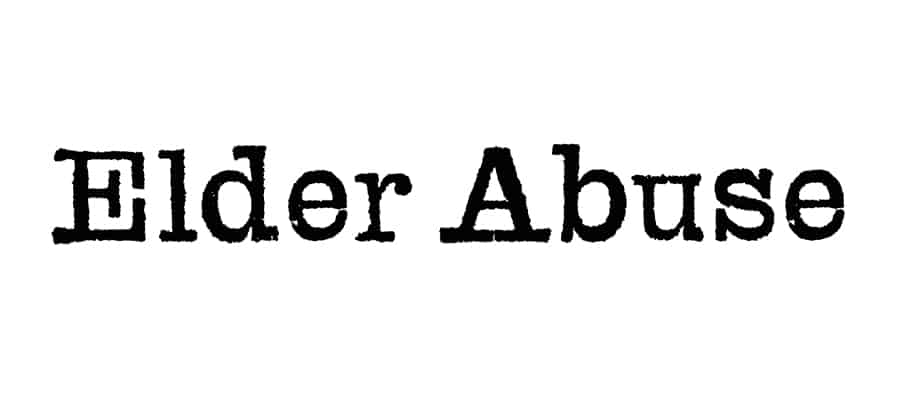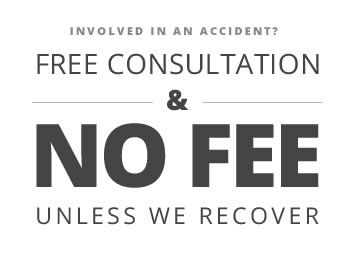Most people associate elder abuse with intentional, physical harm to a resident in an assisted living facility, such as slapping, punching, or kicking. However, the concept of nursing home abuse also encompasses passive neglect and careless acts that lead to severe harm. There are many ways a person may suffer from neglect in the community environment, but one of the most common is bedsores. According to the US Centers for Disease Control and Prevention (CDC), around 11% of nursing home residents suffered from pressure ulcers.
Bedsores typically develop when a resident remains in a seated or prone position for extended periods of time, so they are an indication of neglect. The victim can bring a claim for damages under Maryland law, but it is important to retain a Baltimore County elder abuse lawyer for guidance with the complicated legal process. Some information on bedsores and your remedies is useful.
Bedsores are Serious Injuries
In the nursing home setting, gravity takes its toll when a person is in the same position for an extended time. Pressure or decubitus ulcers develop when blood flow at the surface of the skin is cut off for as little as two hours. The skin tissue dies as a result of the compression, becoming worse according to stages established by the medical community:
- Stage 1: The skin looks reddish and feels warm. The resident may complain of itching, burning, or other discomforts.
- Stage 2: The affected area starts to become obviously damaged, with the appearance of open wounds and blisters. The pain is significant.
- Stage 3: Further destruction of the skin leads to a crater-like appearance.
- Stage 4: The bedsore has extremely deteriorated, and a large wound covers the area. The ulcer is also penetrating deeper to affect muscles, bones, and other tissues.
Victims’ Rights in Elder Abuse Cases
Bedsores are such an extreme concern because they are completely preventable when nursing home employees switch the resident’s position on a frequent, regular basis. These wounds are the direct result of elder abuse, so Maryland law allows victims to pursue a claim for damages. If the resident suffers from capacity issues, family members can act on his or her behalf to sue the assisted living facility. The process typically starts by attempting to negotiate a settlement, but it will be necessary to file a lawsuit in court if the parties cannot agree.
Through settlement or litigation, it is possible to recover:
- Medical costs to treat bedsores;
- Pain and suffering;
- Emotional anguish; and,
- Many other losses that impact the victim’s quality of life.
Discuss Legal Options with a Maryland Elder Abuse Attorney
Neglect can be just as harmful as physical abuse in nursing homes, so it is critical to take advantage of your remedies against a careless assisted living facility. To learn more about the steps in the legal process, please call 410.363.6848 or go online to reach Attorney Michael A. Freedman. We can set up a case evaluation at our offices in Owings Mills or Glen Burnie, MD.



